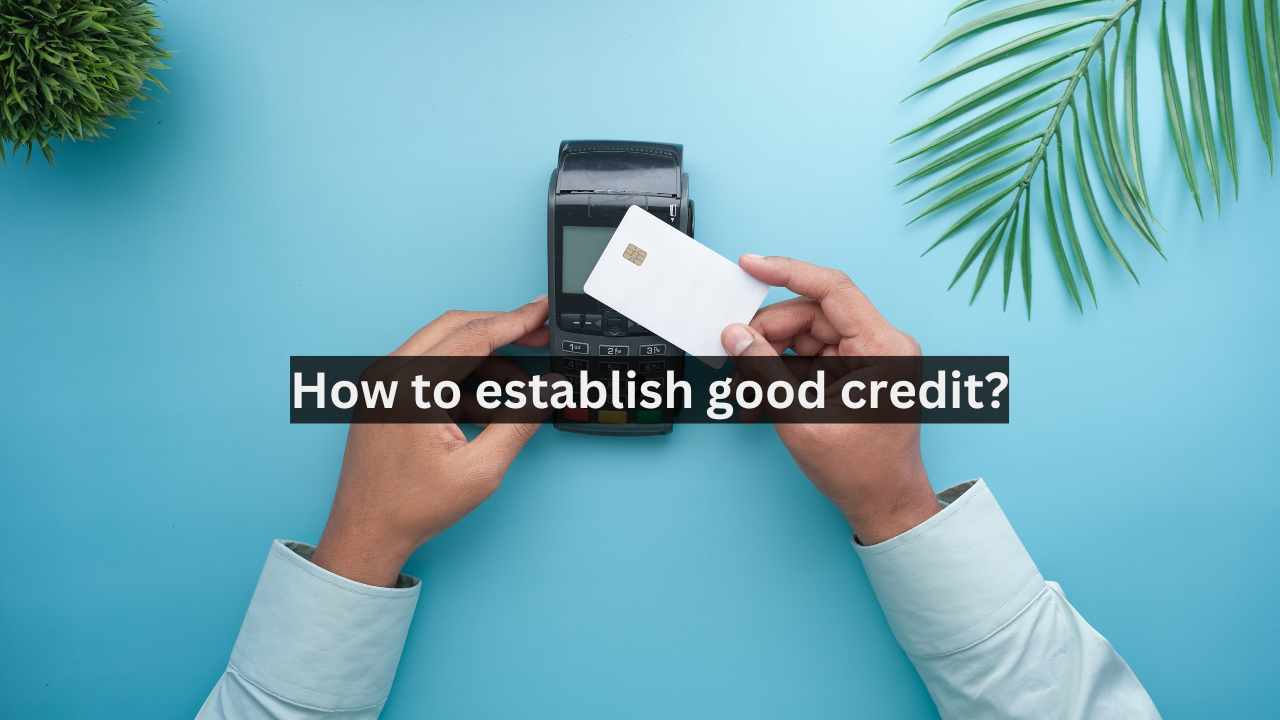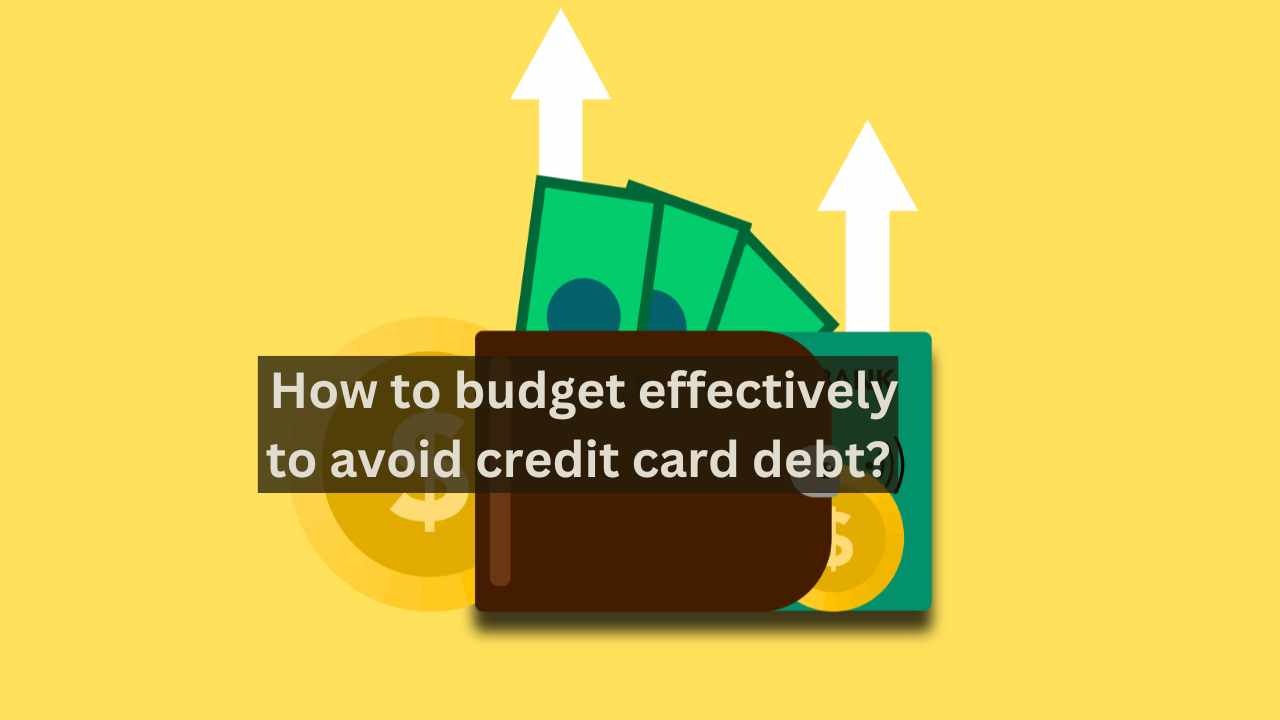Establishing good credit is one of the most important steps in achieving financial stability. It opens doors to better loan options, lower interest rates, and even rental opportunities. If you’re just starting out or looking to rebuild your credit, this guide will walk you through the steps to establish good credit from scratch. Let’s dive into how you can build and maintain a solid credit profile.
1. Understand What Credit Is
Credit is essentially your financial trustworthiness. When you borrow money, whether through loans or credit cards, lenders report your borrowing and repayment behavior to credit bureaus. This information forms your credit report, which influences your credit score. A high score means you’re responsible with borrowing, while a low score suggests you may be a riskier borrower.
There are three main credit bureaus: Experian, TransUnion, and Equifax. Each maintains a credit report for individuals, which lenders refer to when assessing your creditworthiness.
2. Start With a Credit Card
The easiest way to establish credit is by getting a credit card. If you’re new to credit or don’t qualify for a standard credit card, a secured credit card is a great place to start. Here’s how it works:
- Secured Credit Card: You deposit a certain amount as collateral, which becomes your credit limit. You use the card just like any other credit card, and your payment history is reported to credit bureaus.
Once you demonstrate responsible credit behavior, such as making on-time payments, you may qualify for an unsecured credit card (one without a deposit).
3. Become an Authorized User on Someone Else’s Card
If you’re not ready for your own credit card, consider becoming an authorized user on a family member’s or friend’s credit card. This allows you to piggyback on their credit history. Make sure the primary cardholder has good credit habits, as their activity will also impact your credit.
4. Take Out a Credit Builder Loan
A credit builder loan is specifically designed to help you build credit. Instead of receiving money upfront, you make fixed monthly payments toward the loan, and once it’s paid off, you receive the amount of the loan. Meanwhile, your payment history is reported to the credit bureaus. Credit unions and smaller community banks often offer these types of loans.
5. Make Payments On Time
This is the single most important factor in establishing good credit. Your payment history accounts for 35% of your credit score, making it the most heavily weighted factor. Set reminders or automatic payments to ensure that you never miss a due date on your credit cards, loans, or utility bills. Even one late payment can significantly impact your credit score.
6. Maintain a Low Credit Utilization Rate
Your credit utilization rate is the percentage of your available credit that you’re using. For example, if you have a credit card with a $1,000 limit and you’ve spent $300, your credit utilization rate is 30%. A good rule of thumb is to keep your utilization below 30% to show lenders that you’re responsible with credit. Ideally, aim for below 10% for the best impact on your credit score.
7. Avoid Opening Too Many Accounts at Once
While it might be tempting to open several credit cards or loans to build credit quickly, doing so can backfire. Each time you apply for credit, a hard inquiry is recorded on your credit report, which can lower your credit score slightly. Multiple inquiries in a short period may signal to lenders that you’re in financial distress or desperate for credit. Space out applications and only apply for credit when necessary.
8. Keep Old Accounts Open
The length of your credit history also plays a role in your credit score. The longer your accounts have been open, the better. Closing an old account can shorten your credit history and reduce your available credit, which can negatively impact your score. Even if you no longer use a credit card, it’s often beneficial to keep it open to maintain a long, positive credit history.
9. Diversify Your Credit Mix
Lenders like to see a mix of different types of credit, such as credit cards, installment loans (like auto loans or mortgages), and retail accounts. This shows that you can manage various forms of credit responsibly. However, don’t take out loans just for the sake of diversifying your credit mix — only borrow what you truly need.
10. Monitor Your Credit Regularly
Keeping an eye on your credit report is essential for spotting any errors or fraudulent activities. You’re entitled to one free credit report each year from each of the three major credit bureaus via AnnualCreditReport.com. Regular monitoring allows you to correct any inaccuracies before they negatively impact your credit score.
Many banks and credit card issuers also provide free access to your credit score, so take advantage of these tools to track your progress.
11. Be Patient
Building good credit doesn’t happen overnight. It takes time, consistent effort, and responsible financial behavior. As long as you follow the steps outlined above, your credit score will steadily improve over time. Aim for incremental progress and focus on long-term financial health.
Conclusion
Establishing good credit is a critical step toward financial independence. By starting with a secured credit card or credit builder loan, making timely payments, keeping your credit utilization low, and monitoring your progress, you’ll be on your way to a strong credit score. Remember, good credit opens the door to many financial opportunities, from loans to better interest rates. Stick to these habits, and over time, you’ll build a solid credit foundation that will benefit you for years to come.
FAQ
1. How long does it take to build good credit? It can take around six months of on-time payments to establish a credit score. However, building a strong credit score may take several years of responsible credit behavior.
2. Can I build credit without a credit card? Yes. You can use methods like credit builder loans, paying rent and utility bills through services that report to credit bureaus, or becoming an authorized user on someone else’s credit card.
3. What is a good credit score? A FICO score of 670 or higher is generally considered good, while anything over 740 is considered very good or excellent.


